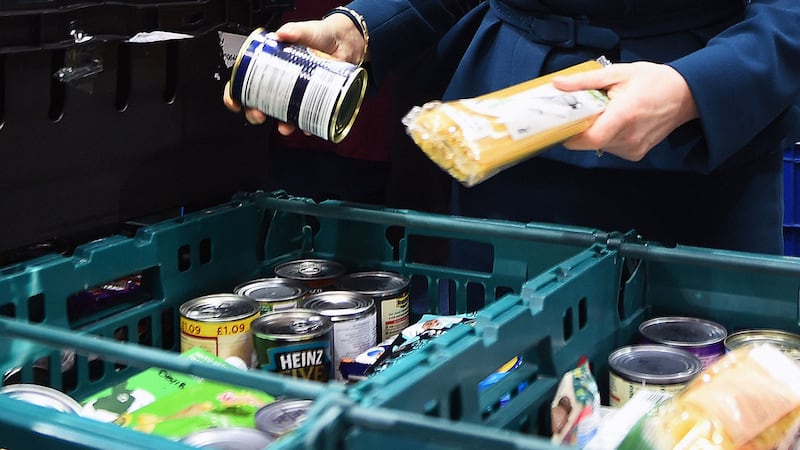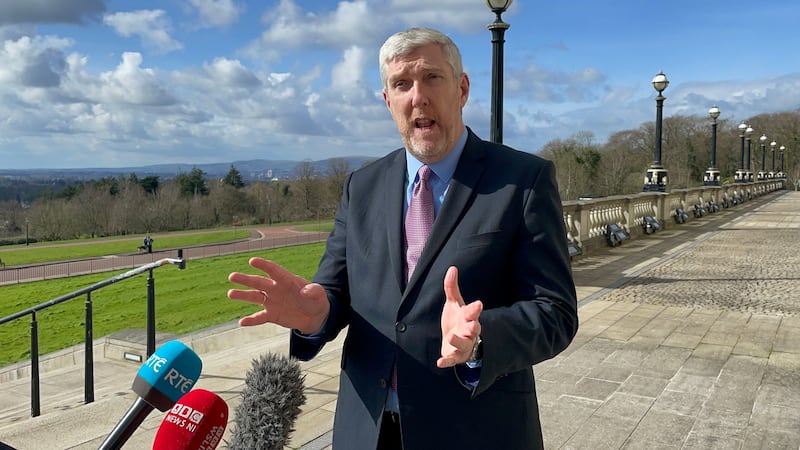Last September The Spectator, a right-of-centre magazine, published an article entitled ‘Broken Britain: what went wrong?’
It was an artful title because David Cameron had used the phrase ‘broken Britain’ in his 2010 election campaign, promising to ‘fix’ a Britain broken by the Labour party.
By September 2023 it was clear, even to a Conservative-supporting magazine, that Britain was in a far worse state not just than it was in 2010 after the financial crash, but worse than anyone could remember.
So, what went wrong?
First, it needs to be pointed out that it didn’t go wrong for everyone. The rich got richer and the poor got poorer, and many more people were driven into poverty than there were 14 years ago.
What went wrong for the majority was the rigid, ruthless application of right-wing Conservative ideology, or the euphemism ‘neo-liberalism’.
Cameron and Osborne gaslighted the British public by claiming they were following a policy of austerity because of Labour’s profligacy. Curiously, that policy only affected the poor who Osborne slandered as ‘scroungers’.

Benefits were cut, public services decimated, councils starved of cash so they can’t provide local services. Generally the credo is ‘private good, public bad’.
The share of publicly-owned wealth fell from a third in the 1970s to under a tenth. The outcome is what the US economist J K Galbraith predicted in his 1958 book (still in print) The Affluent Society: “private affluence and public squalor”. Regularly people say, “Nothing works”.
The most egregious example is the Conservatives’ destruction of the NHS – deliberately starved of cash, as a cross-party committee found in 2016, by Jeremy Hunt, the longest serving health secretary in British history.
State benefits are at least £140 a month below the real cost of everyday basics. In Britain the number of people living in temporary accommodation has hit a 25-year high. After a century of improvement, UK life expectancy rates have been falling in deprived communities. Last year the Trussell Trust distributed over three million food parcels, a record.

You couldn’t not know all this. The point is it’s not going to get any better. Britain is broke. A fortnight ago the Institute for Fiscal Studies (IFS) accused Labour of joining in a ‘conspiracy of silence’ about public expenditure after the next election. The IFS showed Britain faces the worst financial outlook for 80 years after the Conservatives have wrecked the economy. It will require tens of billions of cuts or large tax rises to deal with government debt. Hunt has scheduled cuts, but Labour won’t say which route it will take.
As always in these circumstances, the north is tail-end Charlie. A couple of days ago in this paper, John O’Dowd laid out his hopes for developing infrastructure here. ‘Hopes’ is the right word because what he portrayed is a pipe dream.
He talked about prioritising road improvement schemes costing £13 million. Fair enough, that is possible, but it’s a drop in the ocean. When it comes to sewage renewal billions are required; they aren’t available.

He mentioned the All-Ireland Strategic Rail Review as an opportunity to “create a new line to the international airport, as well as new services between Belfast and the north west, via Portadown and Omagh”. No chance: never gonna happen because it would cost billions. The money from Dublin will improve the Belfast-Dublin line but that’s it. There’s no money for infrastructure improvement. The same applies to new school building and to every other area the Stormont administration controls.
In next month’s budget the executive will have to prioritise, with health getting the largest whack. That means cutting most other areas. It going to be like this for another five years at least
The fact is that the north is not going to have any money for investment and no way to raise any. There’s a lot of talk about receiving 124% of funding allocated to regions in Britain. The problem is central government funding will be too little for needs in Britain, so 124% of it won’t cut the mustard here.
In next month’s local budget the executive will have to prioritise, with health getting the largest whack. That means cutting most other areas. It going to be like this for another five years at least.
Fundamentally, as you’ve read here before, it’s the result of being shackled to the decomposing corpse of post-imperial Britain.


